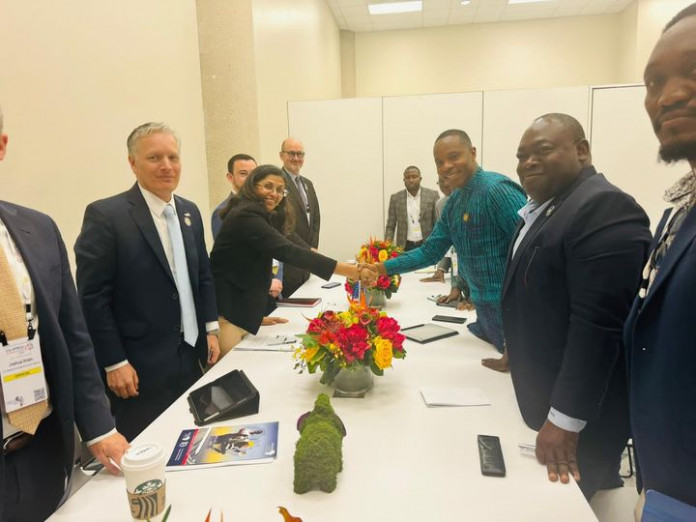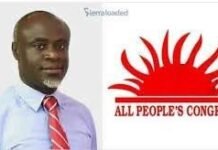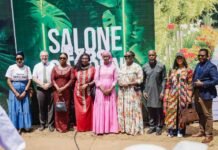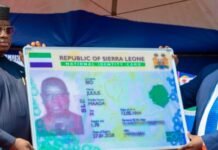By Amin Kef (Ranger)
In a bold move towards progress, Sierra Leone has witnessed a surge of financial support from esteemed US government entities, marking a significant milestone in the country’s development journey. With investments totaling hundreds of millions of dollars from the US International Development Finance Corporation (DFC), the US Trade and Development Agency (USTDA), USAID, and other key players, Sierra Leone’s development landscape has been reshaped with promises of growth and transformation.
However, beneath the surface of this financial influx lies a critical concern that threatens to undermine the very essence of sustainable development: donor dependence and debt sustainability. The staggering figures of approved funding, escalating debt levels, and expanding investments underscore a growing reliance on external financing, raising alarms about the long-term implications for Sierra Leone’s economic autonomy and self-sufficiency.
As Sierra Leone and the US stand united in their commitment to principles of inclusion, good governance, and citizen participation, a pressing need emerges to rethink traditional development paradigms. The allure of external funding, while providing immediate resources for crucial projects, carries the inherent risk of entrenching a cycle of indebtedness that shackles the country’s potential for sustainable growth and prosperity.
“Our development journey must transcend the allure of short-term gains and confront the stark reality of donor dependence,” emphasizes a prominent economist, encapsulating the urgency of reevaluating Sierra Leone’s reliance on external financing.
The narrative of Sierra Leone’s development trajectory must transcend the allure of short-term gains and confront the stark reality of donor dependence. Amidst the promises of financial injections and strategic partnerships, the country must heed the call for innovation and self-reliance, steering away from the perilous path of continuous debt accumulation that threatens to erode its economic sovereignty.
“True progress lies not in the accumulation of debt, but in the liberation of our economic potential through self-reliance,” echoes a visionary leader, underscoring the imperative for Sierra Leone to chart a course towards sustainable growth rooted in economic independence.
As the country grapples with the dual challenge of harnessing external support while safeguarding its fiscal stability, a paradigm shift is imperative. Sierra Leone must embrace transformative approaches that prioritize domestic resource mobilization, foster private sector investment, and explore alternative financing mechanisms to break free from the chains of donor dependence and debt entrapment.
In this pivotal moment of reflection and action, Sierra Leone has the opportunity to redefine its development narrative, charting a course towards sustainable growth and prosperity rooted in economic independence and resilience. By embracing a vision of self-reliance and exploring innovative solutions to development challenges, Sierra Leone can pave the way for a future where progress is not measured by external aid but by the resilience and ingenuity of its people.




